More and more public charging networks are being set up every day in the UK, ranging from dedicated EV hubs to chargers placed on bollards or attached to lamp-posts.
With 60,701 chargers in nearly 22,000 locations around the country (according to Zap-Map), it's becoming ever easier to find somewhere to top up.
But despite this medley of locations, concerns remain, primarily regarding the cost and reliability of the infrastructure. With energy prices driving up charging costs and charge anxiety taking over from range anxiety, Autocar and sister title What Car? have put the UK’s biggest charging networks to the test.
Defined with five key criteria - value for money, charging speed, ease of use, reliability and accessibility - we tested some of the infrastructure ourselves by taking our favourite EVs to sites operated by the different providers.
This direct experience was backed up by a further 2800 owners of electric cars who told us about their experiences with the UK’s charging infrastructure.
How were the charging networks rated?
Value for money: Slower charges won’t cost as much, allowing people without driveways to take advantage of overnight top-ups, but even rapid-charger costs shouldn’t be exorbitant.
Charging speed: Kilowatts are king here. The latest EVs take advantage of ever-higher charging speeds, therefore rapid chargers will be rewarded and points deducted for chargers failing to deliver advertised rates.
Ease of use: Faster sign-up processes without the use of a card mean the efficiency of charging stations has progressed significantly in the last few years. Earlier stations and other poor performers tend to have long, inconvenient sign-up processes, thus scoring lower.
Reliability: Chargers that actually work when you come to use them and have a responsive customer service team will score highly, with the reverse true for chargers that are often broken.
Accessibility and location: To score highly, bays should have plenty of space, be well lit and canopied. Marks were lost if the bays often had combustion cars sitting in them or EVs that had finished charging without incurring an overstay fee.
The 12 UK charging companies ranked
12. Charge Your Car
Overall rating: 55.5%
Charging rate: up to 50kW

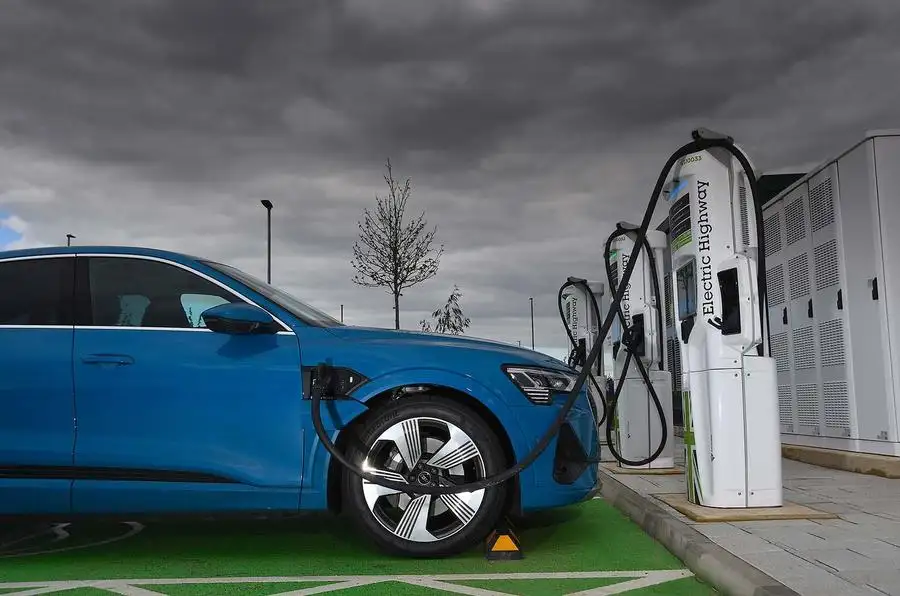



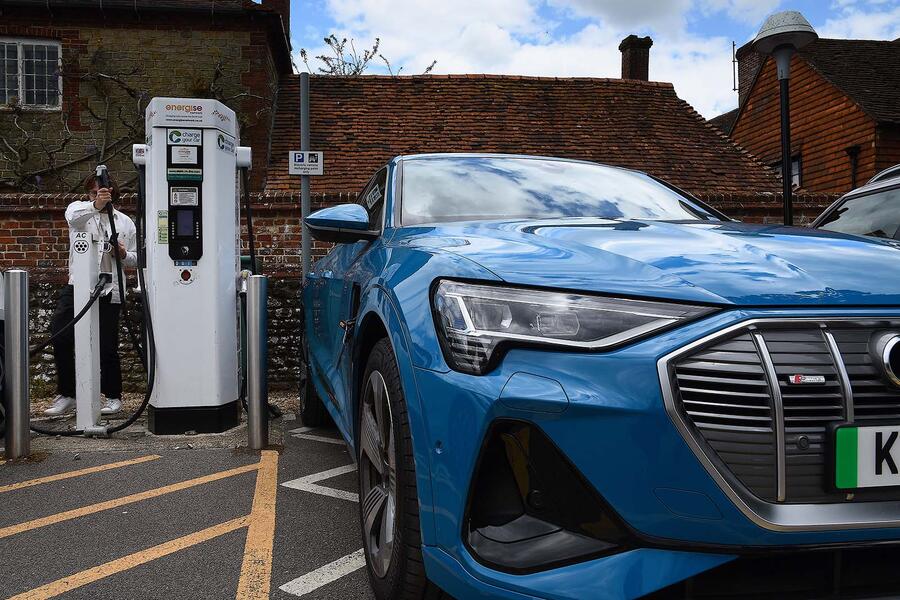
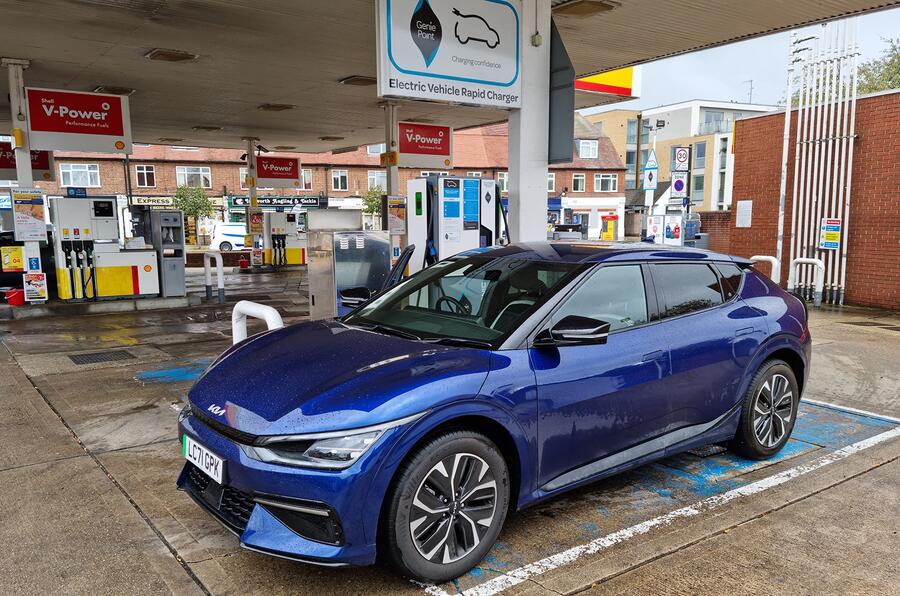
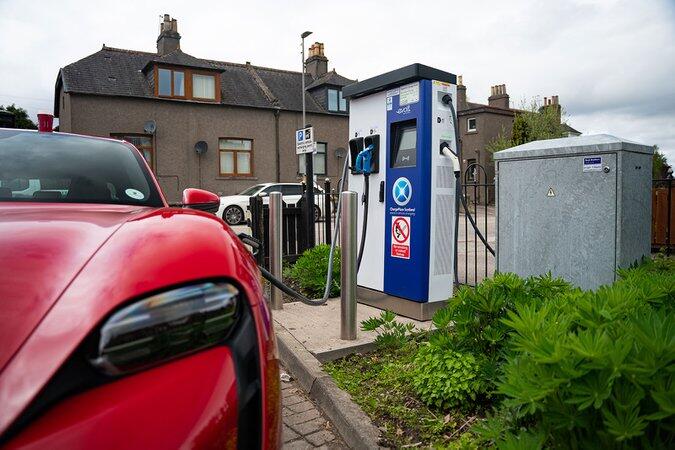
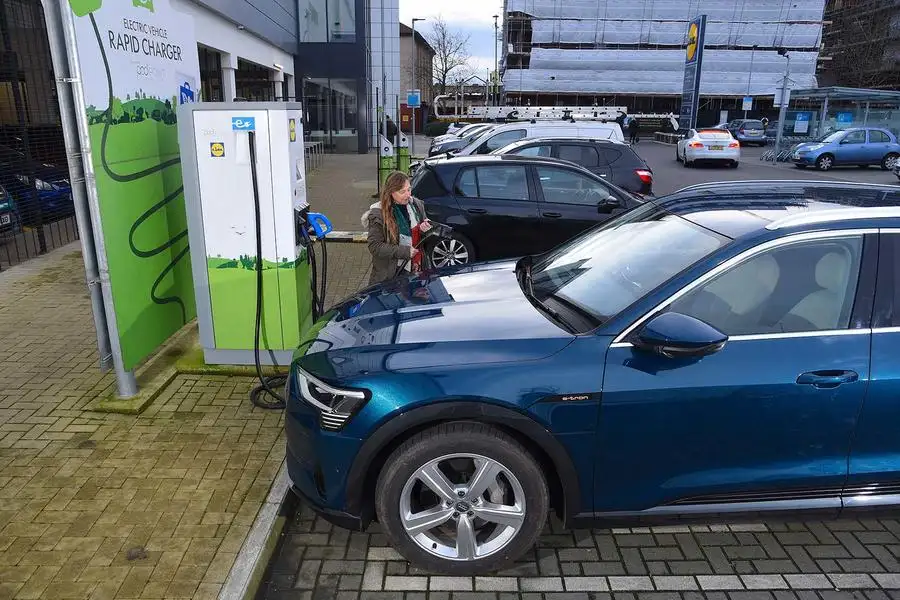
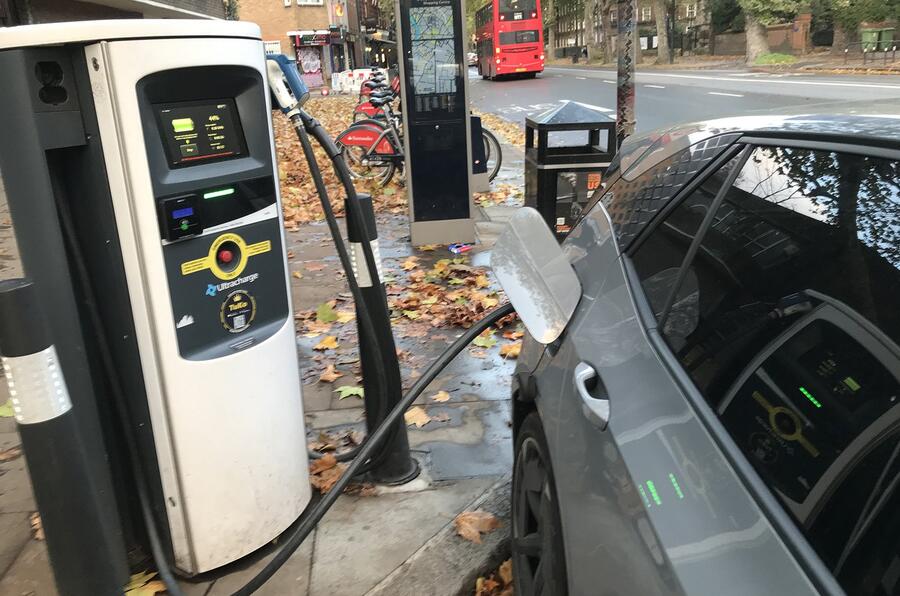
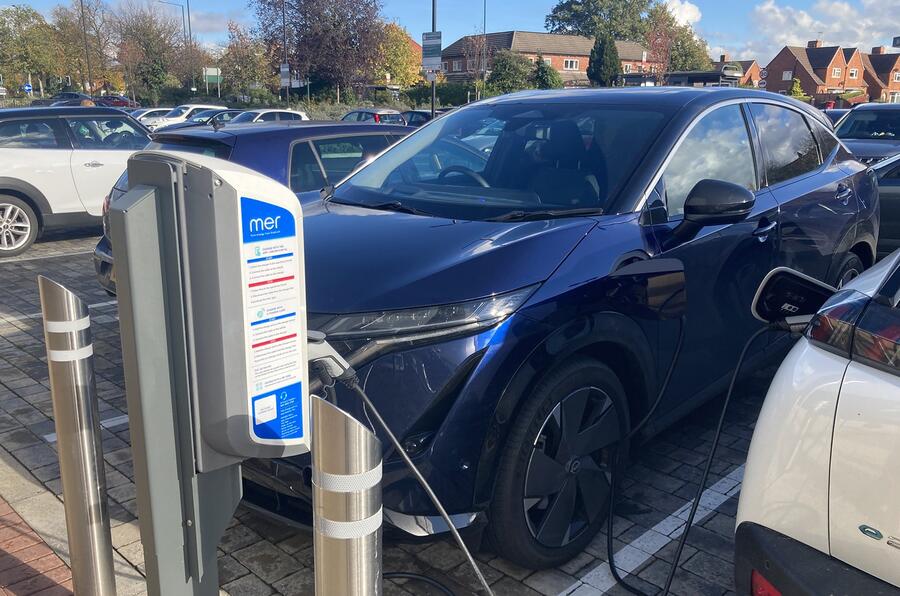
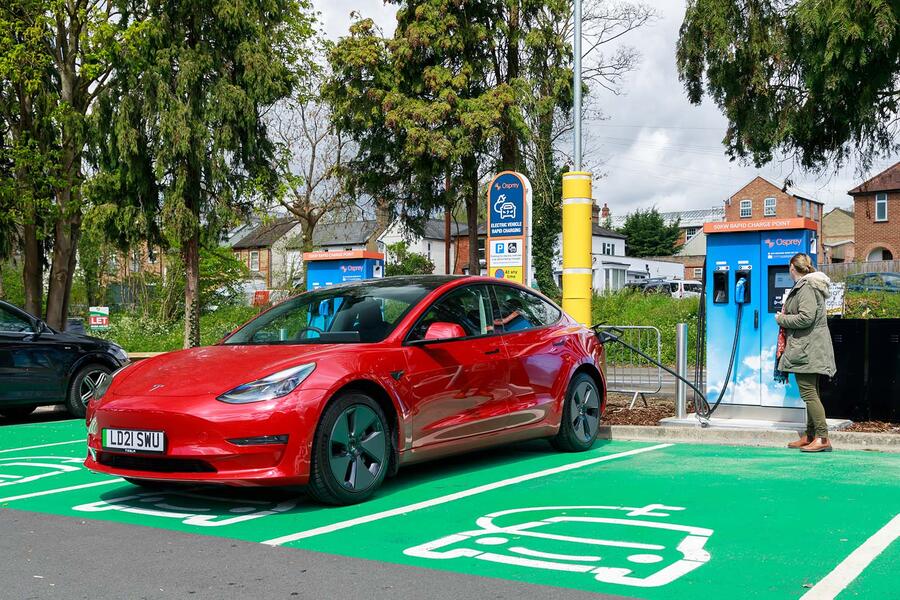
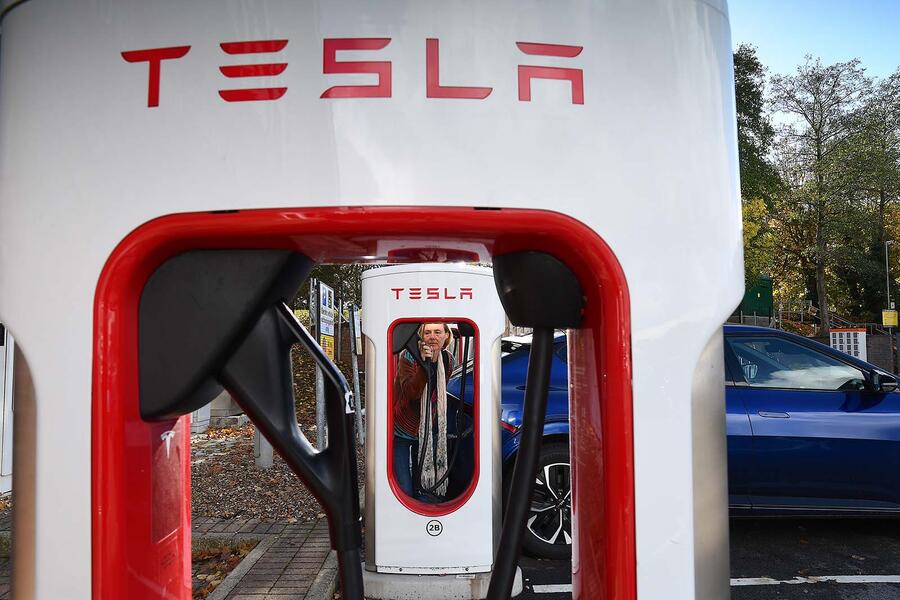
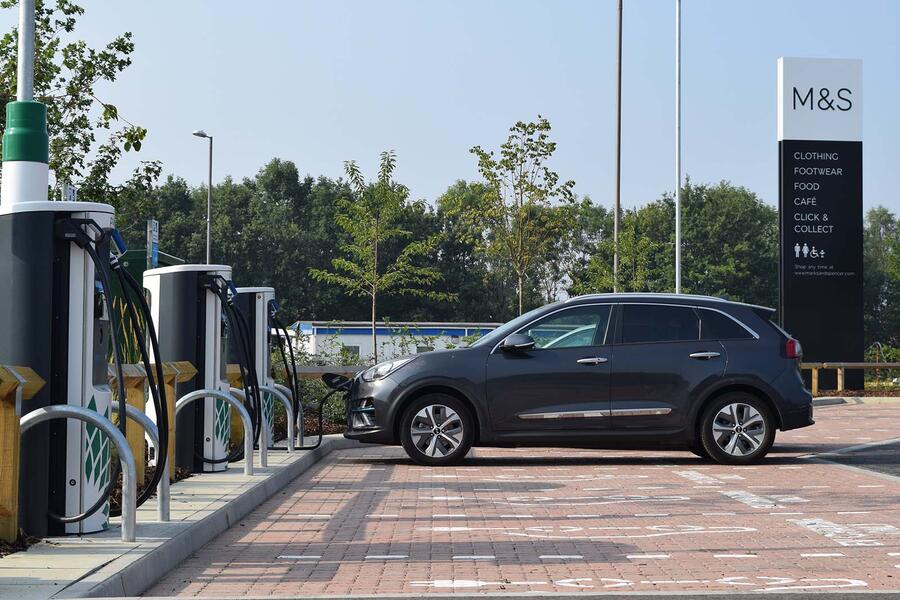
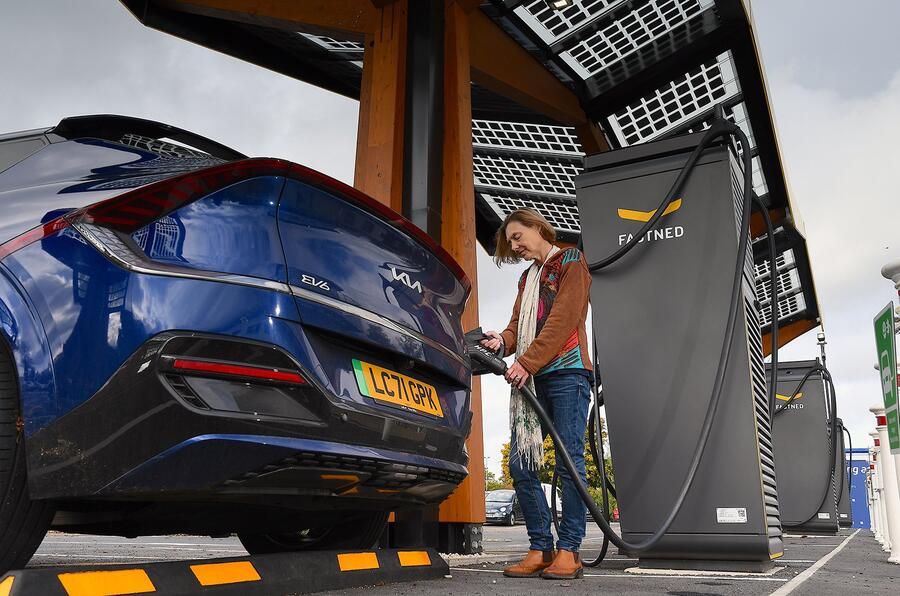
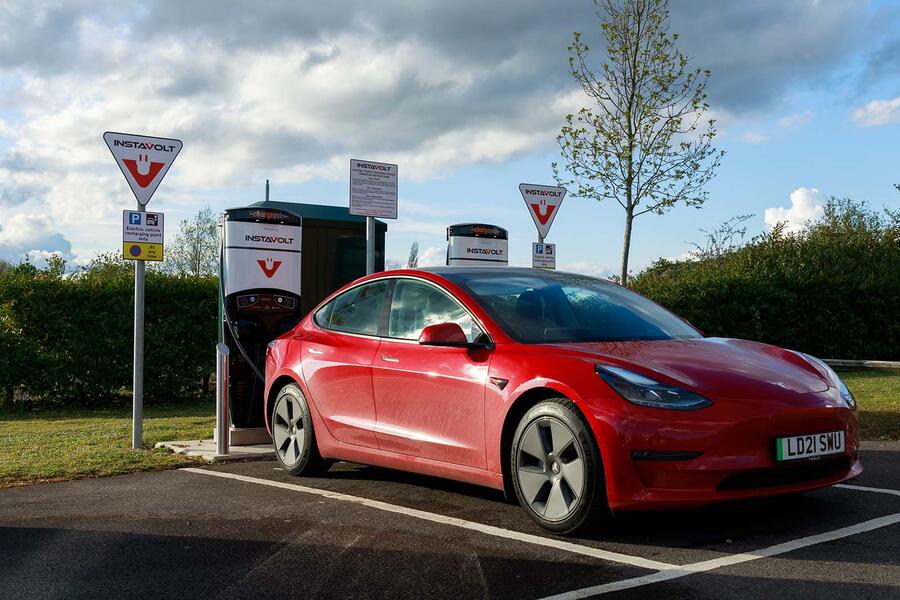
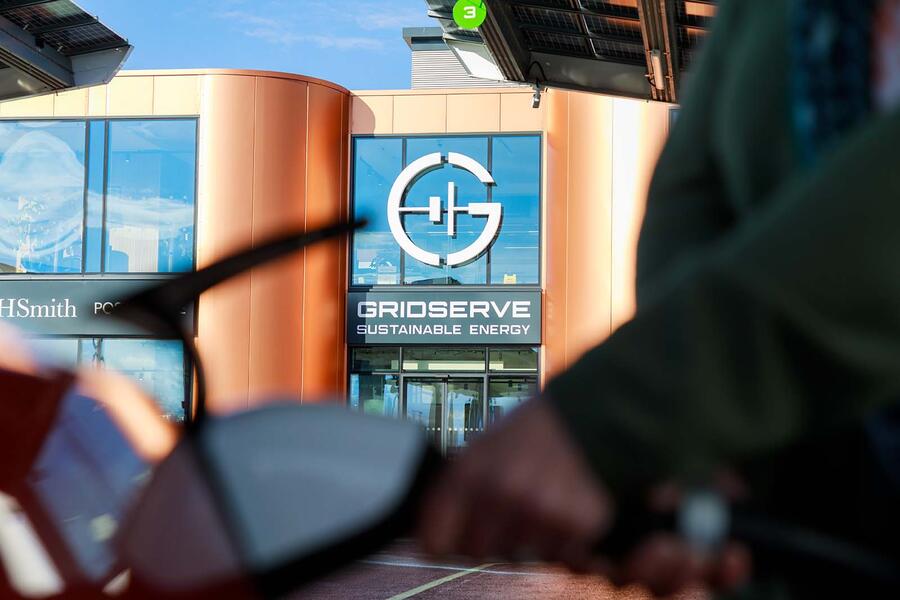


Join the debate
Add your comment
Surely if this article proves anything, it's that a rationalisation of the whole charging industry is long overdue? At the moment I can go to any filling station and fill my car from any diesel pump and payment is always simply a matter of presenting a basic credit card.
Fine to have separate charge networks, but there should be one single app or card that provides easy access to all of them. Pull up (to any charger), open the app and plug in. You don't have separate credit cards for Shell, BP, etc etc garages - why should this be different?
My car is nearly 16 years old, and I'm thinking of changing in a year or two, and pretty certain to a BEV. I expect most charging to be at home, but need to think about the occasional longer journey. At the moment it seems only Tesla can give you a fairly certain experience there - but maybe the whole long distance charging experience will be much better for other makes in a year or two?
Indeed, full access to the entire Supercharger network is a huge positive in favour of getting a Tesla over any other EV in the first place.